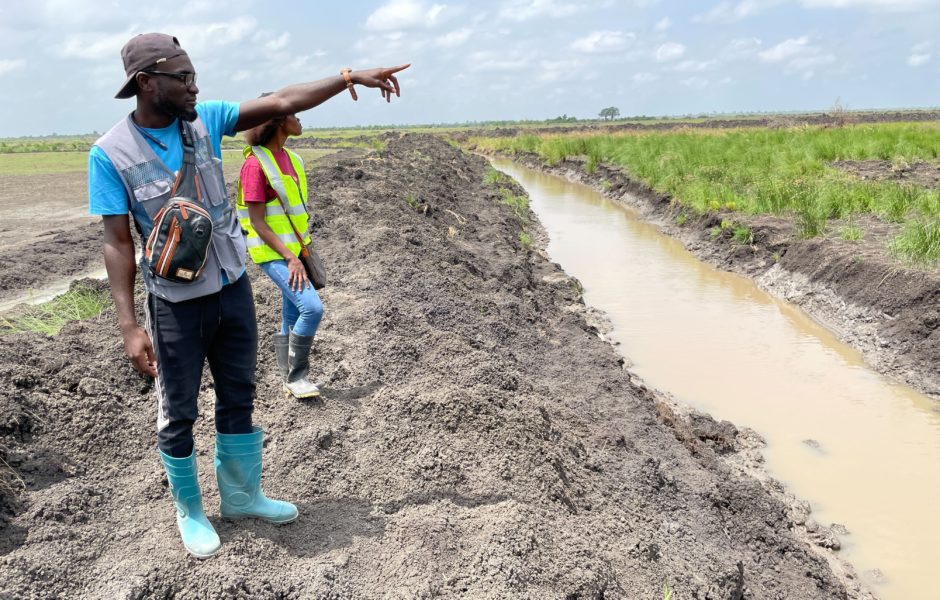We have been asking how we can leverage our invested assets for social and spiritual good. We invited Third Way Capital to share their understanding and approach to impact investing.
By David Harlley, Managing Partner, Third Way Capital
I do not actually know when the word impact became mainstream within the world of investing. It certainly feels like it happened overnight. For those of us who ply our trade in this part of the financial world, the word can feel misleading. It suggests “impact” is some additional result to the returns normally produced by mainstream investing. What should be clear is that all investing produces impacts in social systems, whether intentionally or not. More on this later.
In practical terms, impact investing has come to mean investing with some explicitly defined outcome in mind. Theoretically this could be any impact of any kind, but the current trends focus on gender equality, diversity, climate change, development/economy and wealth equality. In those terms, Third Way Capital would fall squarely under the development/economy category, but we keep a keen eye on the other categories as well. At Third Way Capital we want to have transformational impact. We would like whatever impacts are created through our work to result from changes within the incumbent systems themselves. Only then can impacts be sustainable.
We are trying to solve the lack of capital for growth for small- and medium-sized enterprises (SMEs) in Sub-Saharan Africa. Unfavourable capital conditions represent a systemic obstacle to economic growth and opportunity. A large part of our theory of change is that if we can contribute to shifting this dynamic, the larger economic system itself will shift.
The resulting impacts are then transformative on so many levels: employment, economic and social agency, stabilized markets and currencies, which are often followed by stabilized politics, increased freedoms, and ultimately a virtuous cycle that leads to increased investment. At present, the cycle is running in exactly the opposite direction.
We take a “patient capital” approach by investing in exchange for equity stakes which we hold for long terms. Patient capital is essential for companies in these regions because as one of my partners says, “Not only are these companies building the trains, they are also building the tracks, as they are taking a pioneering role in their various industries.” The other reason for patient capital is because sustainable companies need time to grow. This growth requires that they understand their various externalities and prioritize multiple stakeholders. We partner with business leaders who are aligned with this “high-bar” approach to managing their operations.
Without a doubt one of the most challenging tasks in this field is measuring impact. It is especially difficult when trying to find causality between system level changes and actions that we or our portfolio companies are taking. We have partnered with impact specialists to support us in wrestling some simple metrics to the ground which help us understand our nearer-term impacts, and while this is always a work in progress, it remains a priority for us now and in the future. These experts also provide us with a baseline profile of the country we are working in, so we can understand which areas of impact would be most meaningful to the country’s development.
Then there is the elephant in the room. Can impact investments yield market returns? There is probably not enough data yet to answer that question conclusively, but it might be the wrong question. If current market returns are at least partially a result of damaging externalities, then requiring market returns from an impact investment might be comparable to expecting a sprinter running “clean” to match one that is doping. There is strong evidence that impact investing can produce good returns. In addition, it is worth noting that companies that have a high ethical standard outperform over the long term.
There is a return premium for virtue. Such data supports the hope that in the long term, impact portfolios will also see increasing returns as the virtuous cycles they create have time to complete their journey.
I started by speaking of the limitations of the word “impact.” The key is to remember that all investing has impact. It is also important to remember that all impacts have trade-offs. The current approach of focusing on one or two impacts solely may have the effect of improving outcomes in one area, but at the expense of other outcomes or indeed in opposition to other outcomes. The necessary evolution of the impact conversation is to speak of impact holistically, as simply a direct outflow of how we as society think about the purpose of business and investing.
When we begin to challenge these fundamentals at the educational level, and in the marketplace, and situate the dignity and flourishing of the customer, the supplier, the worker, and the environment at the center of our decision making, it will be one almighty step towards bringing the Kingdom of Heaven among us.
